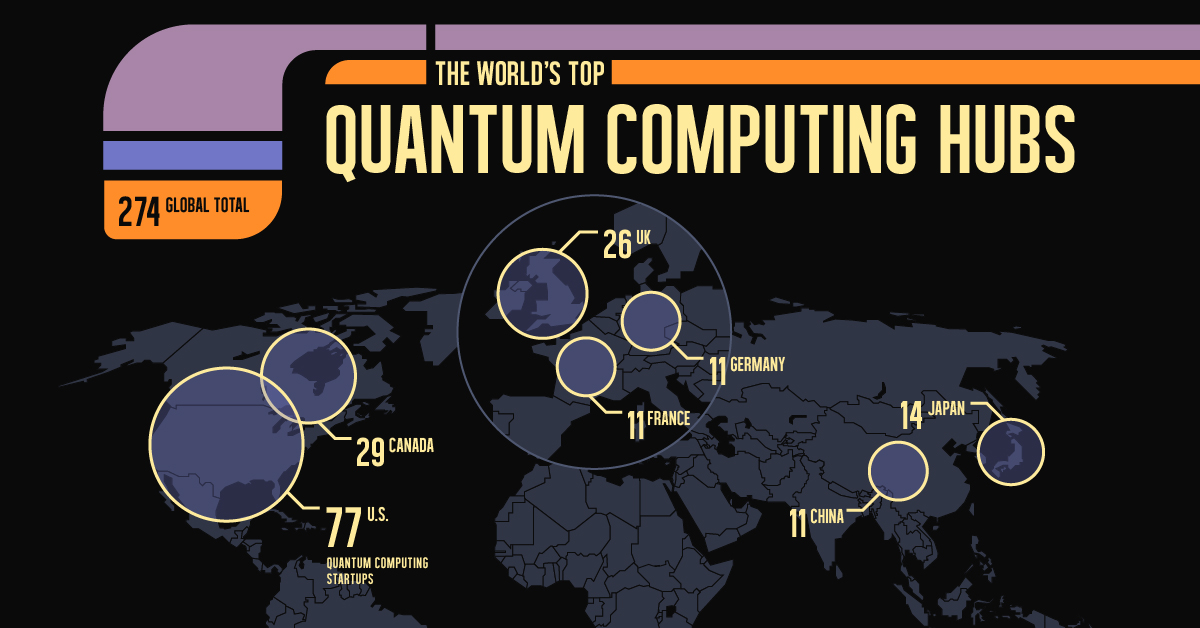Summary:
Silicon Valley startups are adopting China's 996 work model—9 a.m. to 9 p.m., six days a week—to boost productivity.
AI startups like Rilla are leading this trend, requiring ~70 hours/week from employees.
Tech leaders like Sergey Brin, Elon Musk, and Mark Zuckerberg advocate for longer work hours to stay competitive.
The 996 culture, though outlawed in China, is influencing global tech hubs, including Europe.
Critics warn that such intense work schedules could lead to widespread burnout among employees.
Silicon Valley’s startup hustle culture is evolving, mirroring China's once-outlawed "996" work schedule—9 a.m. to 9 p.m., six days a week, totaling 72 hours per week. This shift is particularly noticeable in the AI startup sector, where companies like Rilla are explicitly stating in job listings that applicants should be ready to commit to ~70 hours/week in person.
The Rise of 996 in the Bay Area
- AI startups are at the forefront, adopting this grueling schedule to stay competitive in the global AI race.
- Will Gao, Rilla’s head of growth, mentions a growing Gen-Z subculture inspired by tech legends like Steve Jobs and Bill Gates, who were known for their relentless work ethic.
Tech Giants Weigh In
- Google co-founder Sergey Brin suggested that 60 hours a week is the productivity "sweet spot."
- Elon Musk and Mark Zuckerberg have also emphasized the importance of hardcore work cultures, with Musk famously demanding extreme commitment from Twitter employees.
Global Implications
- Despite China's Supreme People’s Court declaring the 996 culture illegal in 2021, its influence has spread globally, sparking debates in Europe’s tech sector about competitiveness and work-life balance.
- Harry Stebbings of 20VC fund argues that working seven days a week is now necessary to compete on a global scale.
The Burnout Concern
- Critics like Ivee Miller of Balderton Capital warn that such intense schedules lead to burnout, a top reason early-stage ventures fail.








Comments